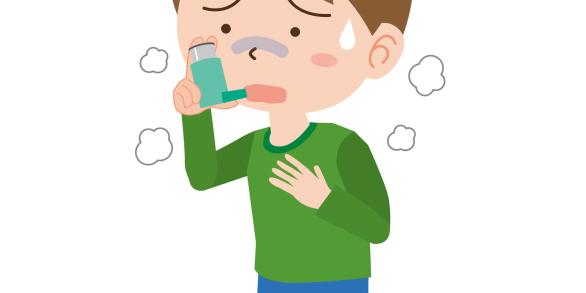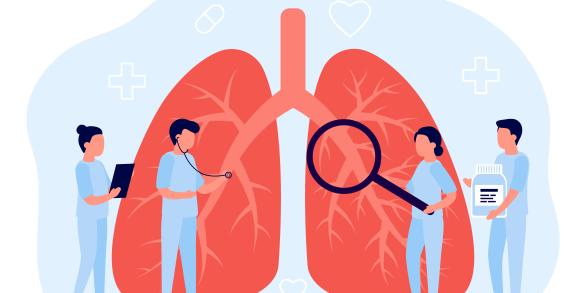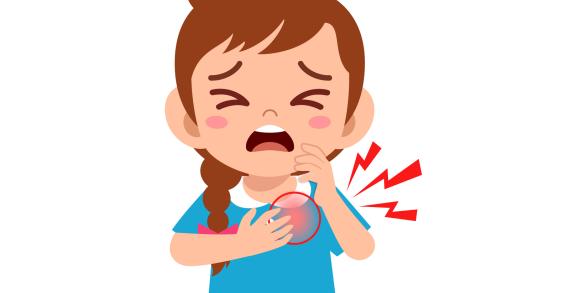We're hiring ! Join us and make a difference in our hospitals
Respiratory complications of neuromuscular diseases

What is it?
The weakness of their respiratory muscles make children with a neuromuscular disease more susceptible to lung problems.
This weakness can affect their ability to cough effectively, to expel secretions and to maintain an adequate respiration. Regular follow-up at an expert centre is therefore essential to monitor their respiratory function and prevent complications such as lung infections. The specialised care also includes adapted techniques of respiratory physiotherapy and in some cases the use of breathing assistive devices, while at the same time ensuring the optimal well-being of these children
Care
The treatment of neuromuscular diseases at the Children’s Hospital is based on a multidisciplinary approach. The consultations are attended by paediatricians specialised in neurology and pulmonology who work in close cooperation with experienced respiratory physiotherapists. The main objective is to carefully monitor the respiratory function of the young patients to ensure early detection of any weakness of their respiratory muscles. Physiotherapists also propose adapted respiratory rehabilitation programmes that aim to strengthen the muscles necessary for efficient breathing and to optimise lung capacity. Respiratory physiotherapy is also essential to prevent complications of lung infections such as the development of bronchiectases.
The team also includes a paediatric orthopaedist who monitors the development of scoliosis that is a frequent complication in children with a neuromuscular disease. This global and coordinated approach not only aims to improve the quality of life of patients but also to prevent potentially severe respiratory or orthopaedic complications. Families are educated in the day-to-day management of the condition and there is regular specialised follow-up and treatment by a complete, proactive and multidisciplinary team that is adapted to the individual needs of each child.
Advice for parents
The role of parents is essential in ensuring compliance with the lifelong day-to-day treatment that patients with a neuromuscular disease must respect, this including medication and respiratory physiotherapy sessions.
Here is some additional advice :
- practice rigorous hygiene to reduce the risk of infections
- avoid seasonal infections such as flu through vaccination
- maintain a healthy environment (no exposure to smoking, damp or mould)



Focus
During consultations at the Children’s Hospital with the pneumo paediatrician additional examinations specific for patients with neuromuscular disease are carried out to better assess their respiratory muscle function and lung capacities and volumes.